For the past several decades, Canada’s marijuana market has been regulated by street gangs, motorcycle clubs, and organized crime. While the market and government in tandem have taken large steps to making marijuana legalized, the illicit market has made many private groups billions in sales due to marijuana trafficking.
Canada’s cannabis black market generated over $22 billion CAD ($17 billion USD) in marijuana sales alone. Because of this, Canada’s government decided to regulate the market and continues to fight against the black market over consumer demand.
There are approximately 4.2 million regular marijuana users in Canada. In 2016, this large consumer base spent over $6.5 billion CAD in marijuana across the nation’s borders. Canada has produced over 2.8 million kilograms of marijuana during that time.
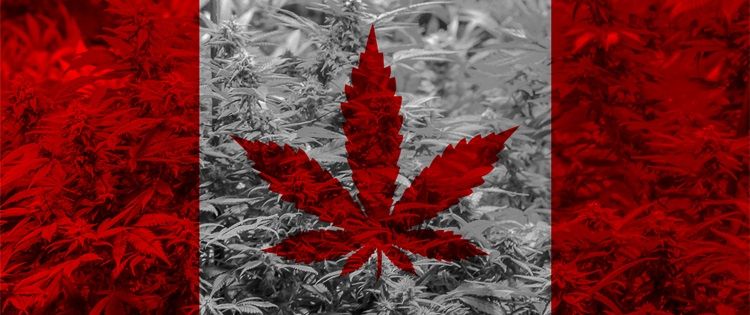
However, regulating the black market means that the money will have to be spent in a different place. As a result, Canada’s economy might experience a ripple effect and could potentially cause an economic slowdown.
What Does Legal Marijuana Mean for the Black Market?
Like the US, the Canadian government has a hard time protecting the marijuana market from illegal black market sellers. Here is a table demonstrating the difference between US and Canadian Marijuana Laws.
| Canada | United States | |
|---|---|---|
| Is it government regulated? | Yes (Legal country wide) | Illegal on a federal level but is legal in most states |
| Dispensaries | Gray area | Yes |
| Is it legal to mail cannabis? | Only from producers with a license to medical patients | No |
| Is Smoking Allowed? | Yes, under certain conditions | Yes (Depends on the state) |
| Is Medical research allowed? | Clinical trials are made by licensed producers | Limited because of governmental barriers. |
Lower Prices
According to David Madani, Canada’s senior economist, legalizing marijuana has a multitude of positive effects on Canada’s economy.
He states that “The regulation and legalization of marijuana sales and production next year will decrease marijuana prices and create additional tax revenues.” This means that the average marijuana user will pay less for it and have a safe process than obtaining it from a street dealer.
Legalizing Canada’s marijuana market will create an increase in the country’s GDP. Since it’s expected to reach up to $21.6 billion within 2021. That’s about 1% of Canada’s GDP and can result in a large economic growth if done correctly.
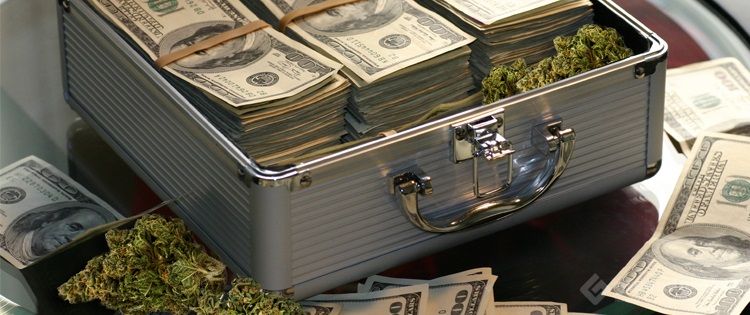
Increased Government Regulation
Now that the Canadian government is getting involved, they are starting to crack down on illegal marijuana sales provided by black market sellers. For instance, they created a set of laws to help people who need marijuana for their ailments get their hands on medicinal grade marijuana without putting money into the pockets of illegal operations. Places like Compassion Center Montreal are becoming the place to buy cannabis-related products for people in need of medical marijuana.
The law states that anyone that’s authorized to use medical marijuana by their doctor is set to have a few legal rights:
- they can grow cannabis,
- have someone else make it for them, or
- buy it from a large scale producer whose dispensary is regulated by the government.
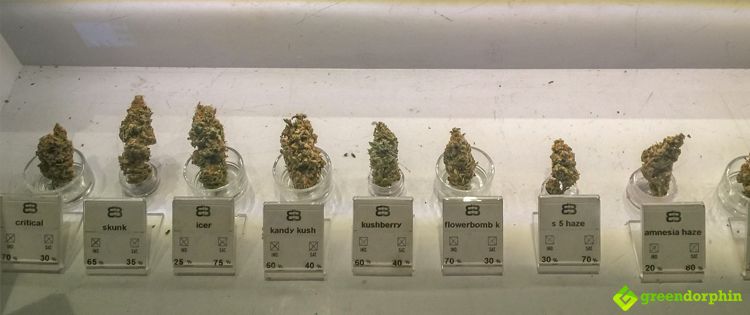
There are over 34 legal dispensaries throughout Canada who grow marijuana inside facilities throughout the country. They are legally prohibited from selling marijuana to anyone that doesn’t have a federal permit.
This means that the marijuana market will only be available to people who need it for medicinal reasons.
In 2010, over 40% of the marijuana production license holders were caught illegally selling it. Getting control or access to a marijuana license is desired by criminal networks because it can increase the illegal production and selling of high-grade medicinal marijuana”.
Health Canada, the government department that specializes in the medical marijuana licensing, has also taken steps to stop the illegal marijuana black market from flourishing.
For example, if they suspect that a producer is selling cannabis products that are sold on the black market, an investigation will commence isolating key players and the production and distribution process. During the investigation, if they are convicted of selling illegal marijuana, their license will be revoked, and the employees and the owner will be forced to deal with eager to punish law enforcement.
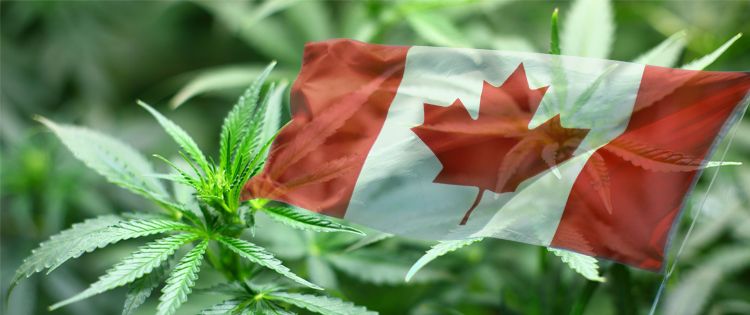
What’s in it for the Future?
Don’t expect the black market to dissipate without a fight. While Canadians love their legal pot, the black market for marijuana is still as strong as ever with growing operations all across remote areas. Whoever the government allows in the recreational marketplace – small mom and pop companies or large corporations – efforts and regulations are made to protect the industry from criminal elements.
In a worst-case scenario, the rules that are made to prevent illegal sellers from participating in the production and sales of marijuana might cause for some unprecedented consequences.
Like the US, the black market marijuana industry is still lurking and can lead to a variety of negative fluctuations (increased violence, loss of marijuana production).
Still, we can expect to see a lot of changes within the cannabis industry in the future. By 2021, the black market won’t have as much dominance over day to day marijuana purchases as it does currently. Ultimately, the future of marijuana legalization is bright and will lead to a lot of economic growth if regulated correctly.
Share your views with our community in the comments below.
- Canadian Black Market: How Large Has the Illicit Marijuana Industry Became? - January 31, 2018

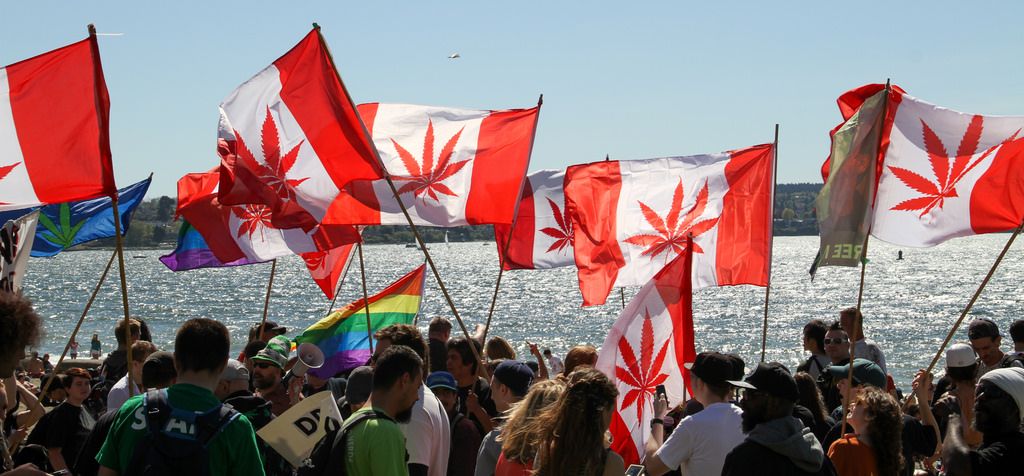

Hookup now For more details:
Text/Call :(540) 987-0930